How much caffeine is too much?
This blog briefly explains caffeine, the overconsumption of caffeine, side effects of over intake, the correct information of caffeine, and the tips to reduce gluttony of caffeine.
What is Caffeine?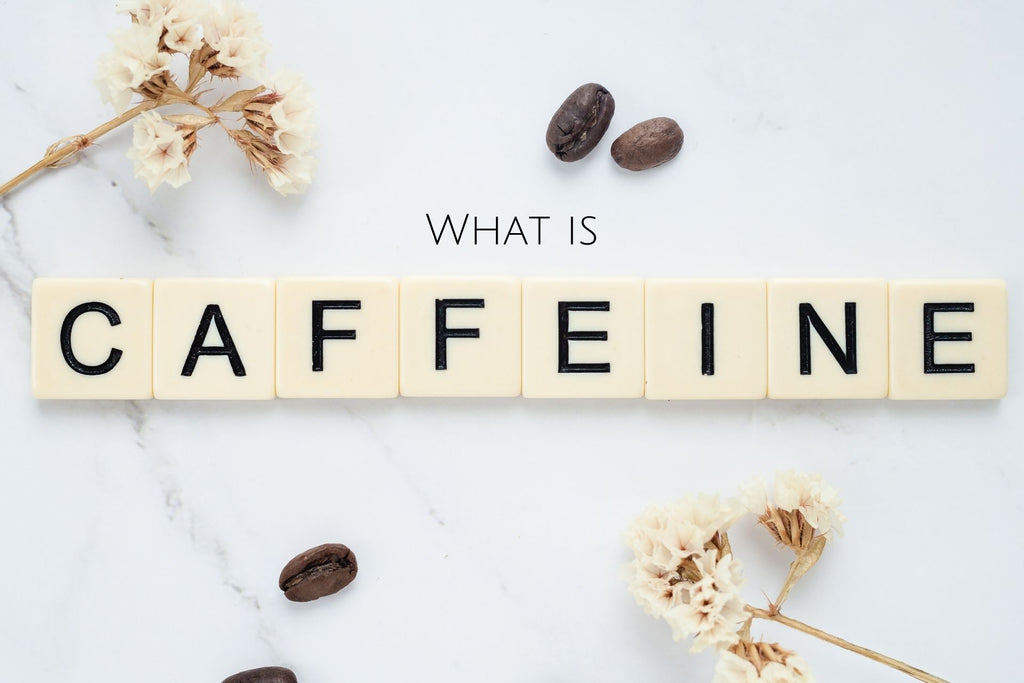
Caffeine is a drug that enables your brain and nervous system. It forms a very prominent part of people’s day and their diet plans as well. It is supposed to be a drug because the effects of caffeine can change the way you act and feel. And like others, you can also get addicted to caffeine and have withdrawal symptoms if you stop taking it. It is widespread and is found in many drinks like tea, coffee, soft drinks, and energy drinks. Even the chocolates that we relish also contain caffeine. Strength drinks have more caffeine than soft drinks. It would be better if people reduce caffeine intake, especially pregnant women, children, and athletes.
How much caffeine is too much?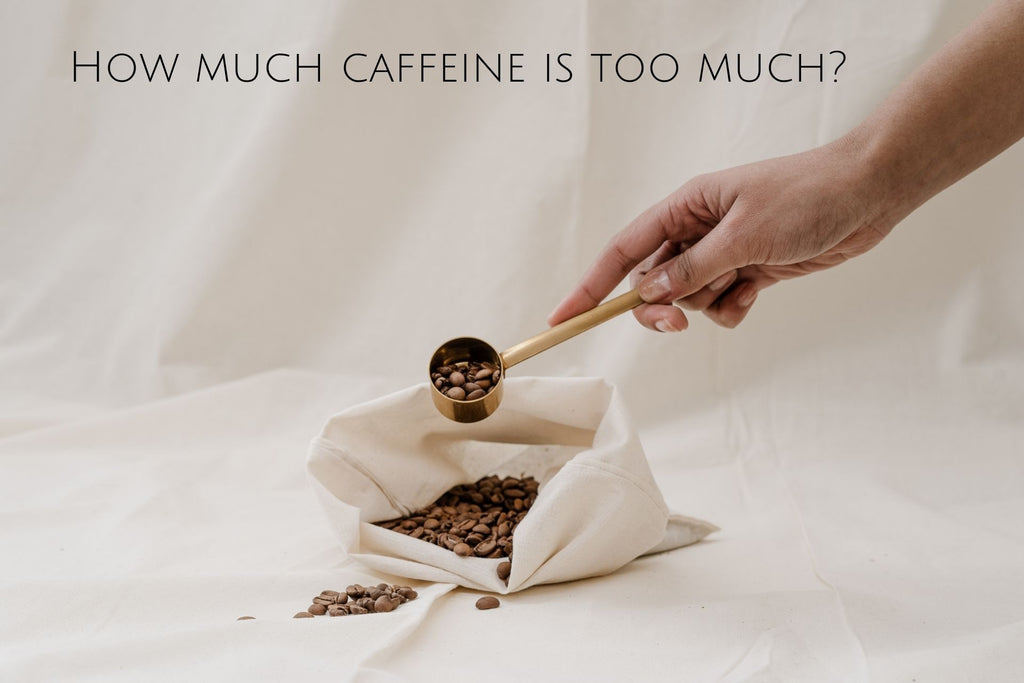
Everybody metabolizes caffeine differently. That’s because your genetics, generation, weight, understanding, and liver all play a role in how rapidly you process caffeine.
Professionals explain you can expect about 100 mg of caffeine per cup of coffee and 50 mg per cup of black tea, but that’s a rough estimate. The quantity of caffeine in a brewed cup can differ widely—in coffee. It depends on the type of beans you use to brew a cup, how they’re roasted (softer roasts have more caffeine than darker roasts), the drinks they become (e.g., an Americano vs. an espresso), and the serving size. It is different in the case of tea as it firstly depends on the type of the tea leaves.
Up to 400 milligrams (mg) of caffeine, a day seems safe for most active adults. 400 mg of caffeine is equal to as much as 4 cups of coffee. Caffeine in powder or fluid form can provide toxic degrees of caffeine, Just one teaspoon of powdered caffeine is comparable to about 28 cups of coffee. Such increased levels of caffeine can cause significant health problems and possibly death. Although caffeine use may be safe for grown-ups, it's not a good idea for kids. You have to restrain your coffee intake if you drink more than four cups of coffee a day. This may occur in side effects like headache, insomnia, nervousness, irritability, frequent urination, fast heartbeats, and muscle quivers.
Most professionals agree that getting more than 600 milligrams of caffeine per day is too much. But if you are susceptible to caffeine, even one or two cups of coffee could cause side effects. A terminal portion is about 10 grams, which would be about 100 cups of coffee. Relatively than a universal set point for how much is too much, it’s when you take in an out-of-the-ordinary quantity for you that you undergo harmful effects.
Side effects of caffeine: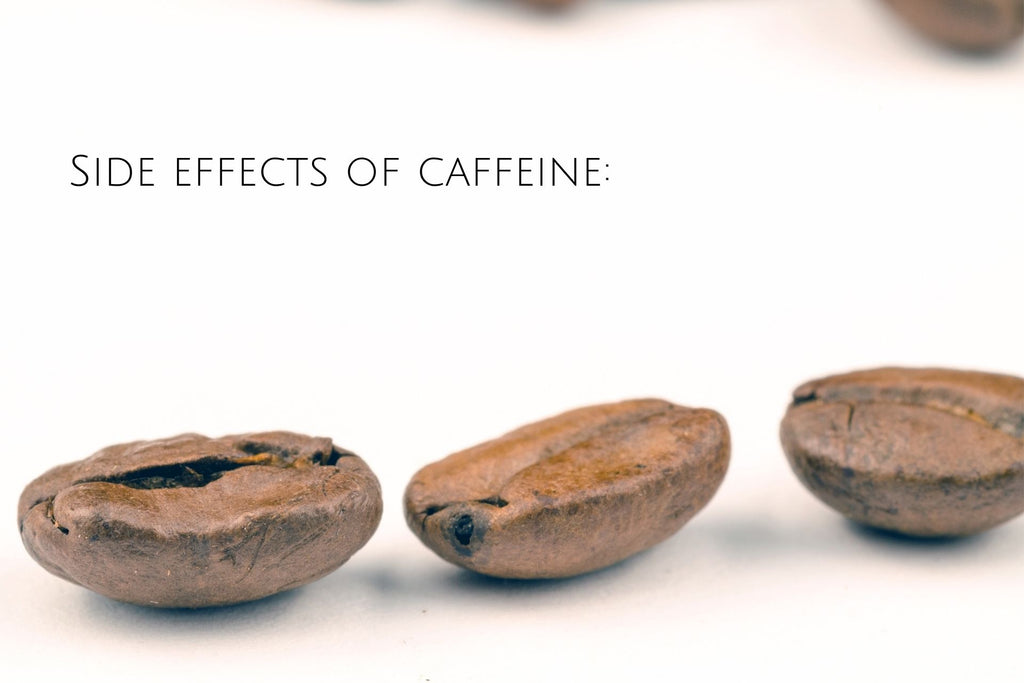
- Anxiety:
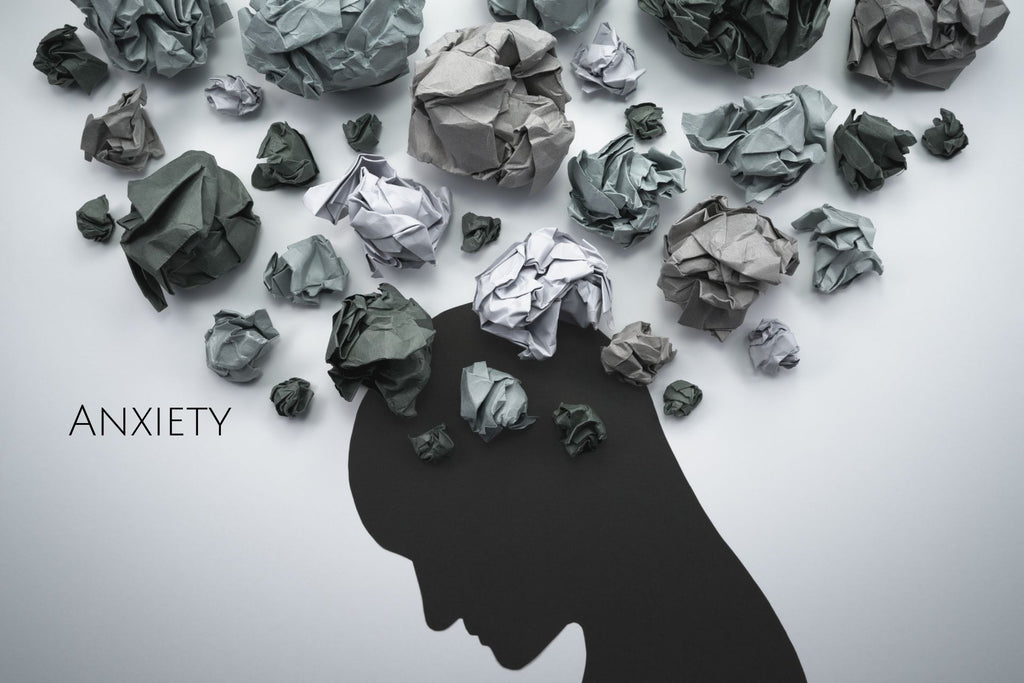
Caffeine is known to boost attention. It works by blocking the consequences of adenosine, a brain chemical that makes you feel exhausted. At the same time, it triggers the discharge of adrenaline, the “fight-or-flight” hormone correlated with raised energy. Still, at higher doses, these effects may become more pronounced, directing to anxiety and nervousness.
- Insomnia:
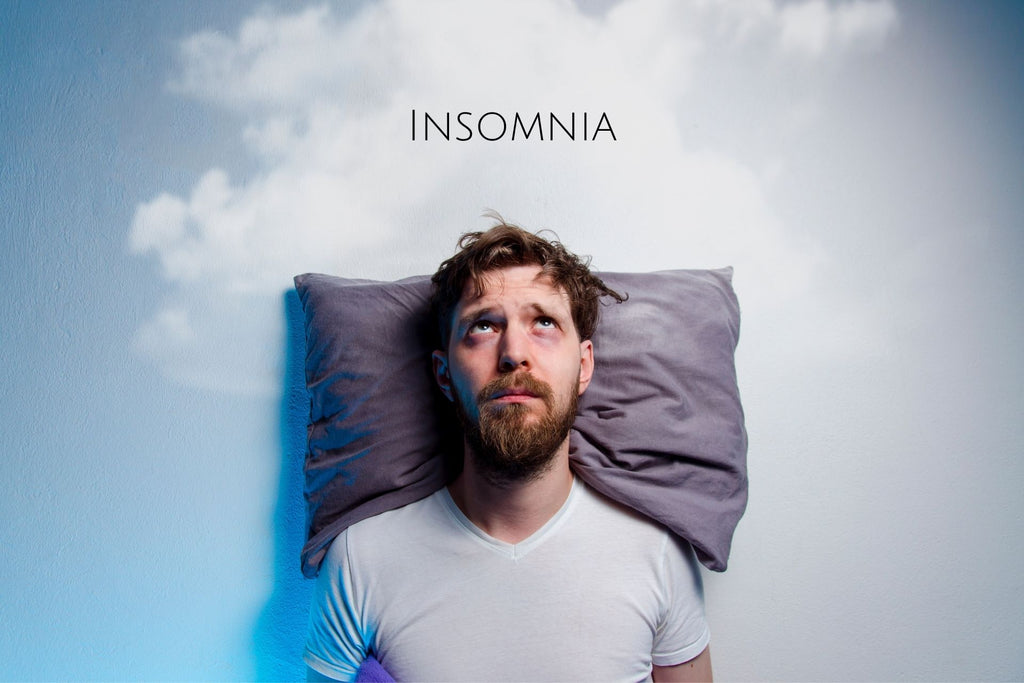
Caffeine’s capacity to help people stay awake is one of its most adored qualities. On the other hand, too much caffeine can make it challenging to get enough vital sleep. Studies have found that higher caffeine infusion appears to boost the percentage of time it takes to fall asleep. It may also reduce total sleeping time, especially in the elderly.
- Digestive Issues:
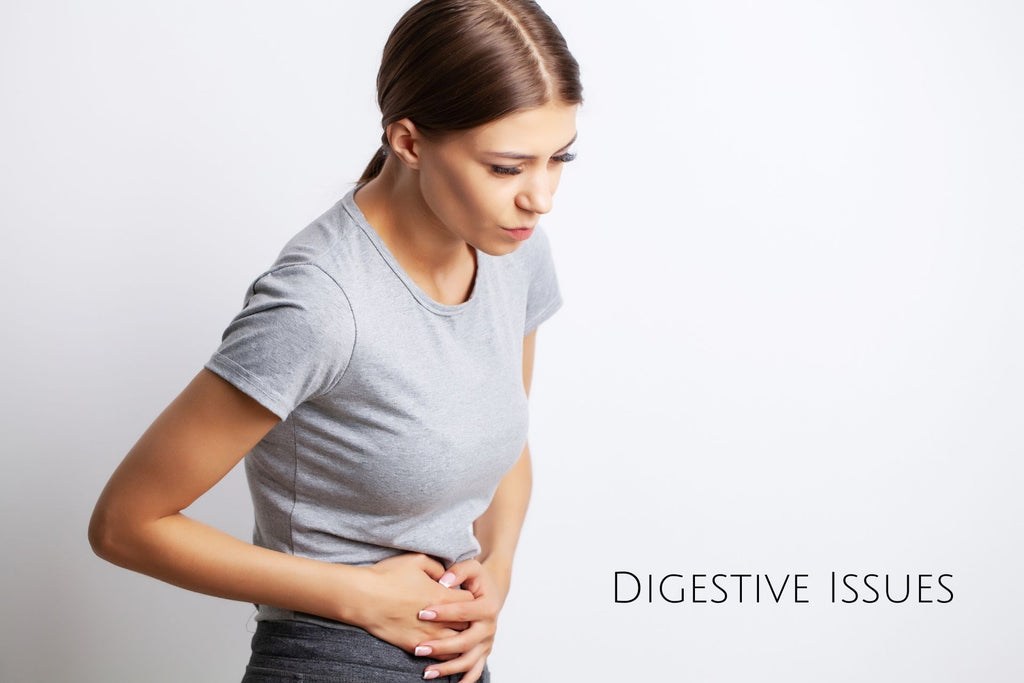
Many cultures find that a daylight cup of coffee helps get their bowels moving. The properties of coffee is known to release a hormone called gastrin. However, caffeine itself also seems to facilitate bowel movements by increasing peristalsis, the reductions that move food through your digestive region. Studies that showed that excessive amount of caffeine leads to diarrhoea.
- Muscle Breakdown:
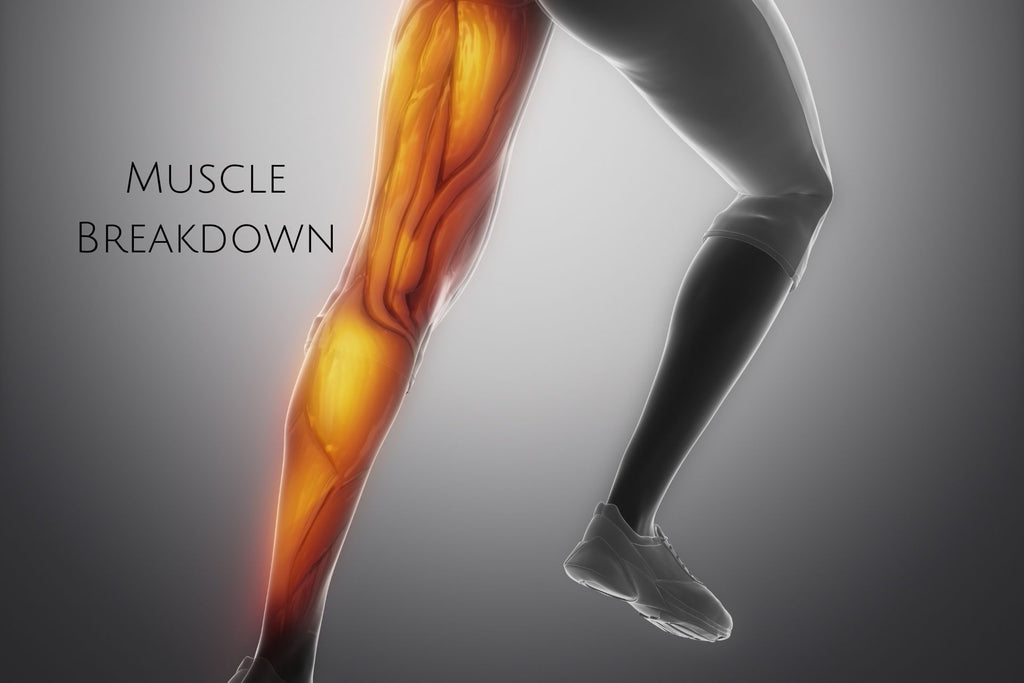
Rhabdomyolysis is an very serious condition in which the damaged muscle tissues enter the blood streams which in turn lead to kidney problems etc. To lessen the risk of rhabdomyolysis, it’s best to limit your infusion to about 250 mg of caffeine per day.
- Addiction:
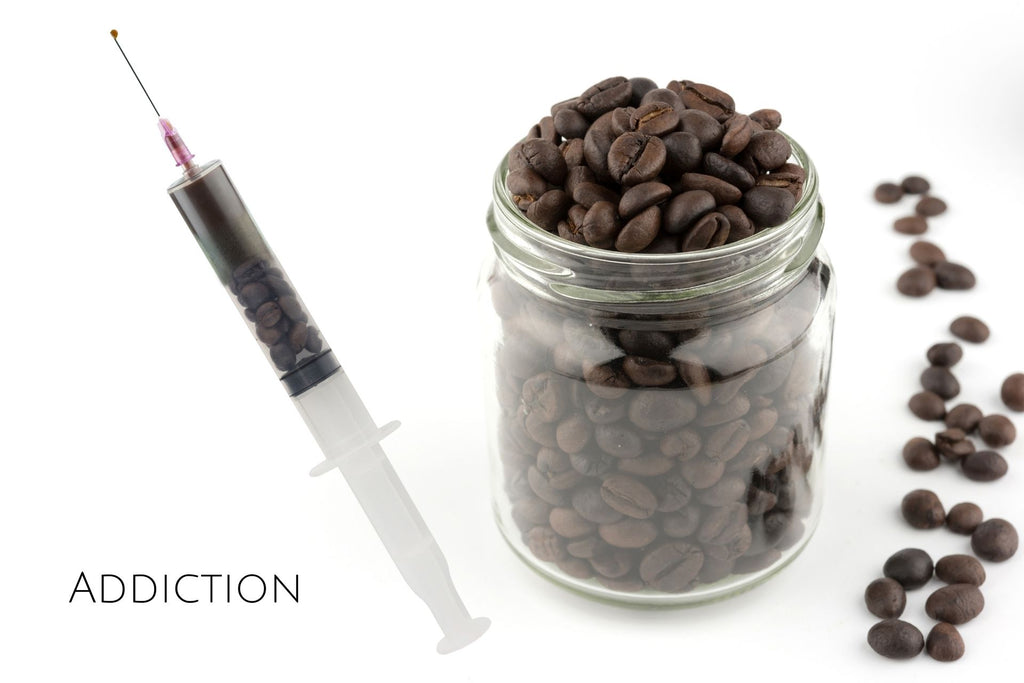
Addiction of caffeine is something which is so tough for many to let go – it has evolved as a habit which is hard to let-go for good. A comprehensive review suggests that although caffeine catalysts certain brain chemicals similar to how cocaine and amphetamines do, it does not cause traditional addiction the way these drugs do. However, it may direct to psychological or physical dependency, especially at high dosages.
- High Blood Pressure:
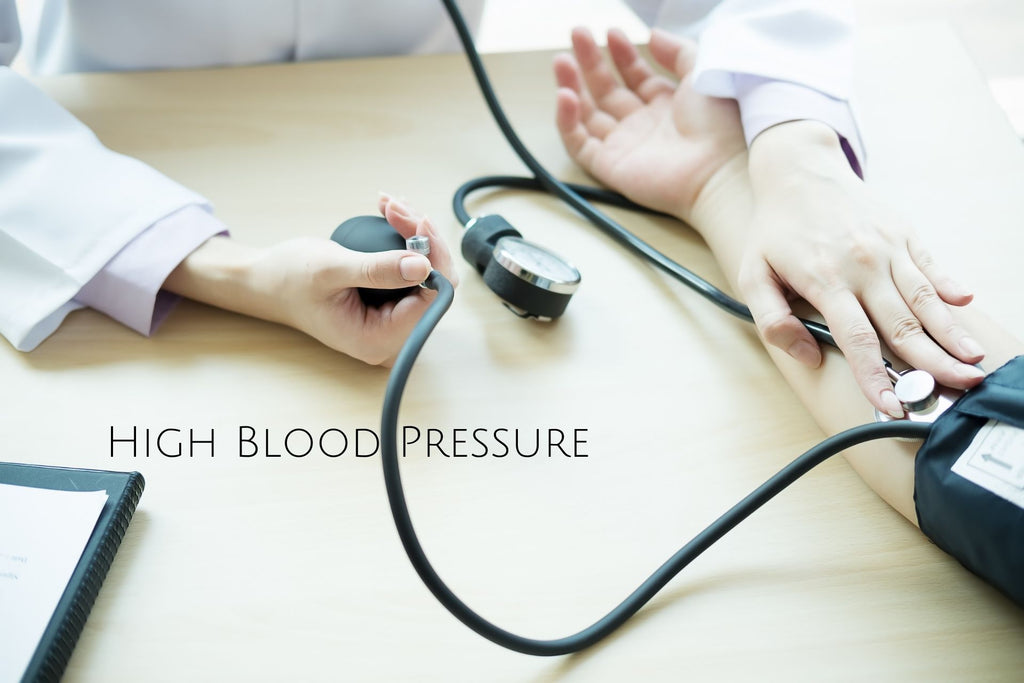
Caffeine has been shown to put forward blood pressure in many studies due to its stimulatory effect on the nervous system. High blood pressure is a risk factor for heart attack and rub because it may damage arteries over time, prohibiting blood flow to your heart and brain. Fortunately, caffeine’s consequence on blood tension seems to be temporary.
- Rapid Heart Rate:
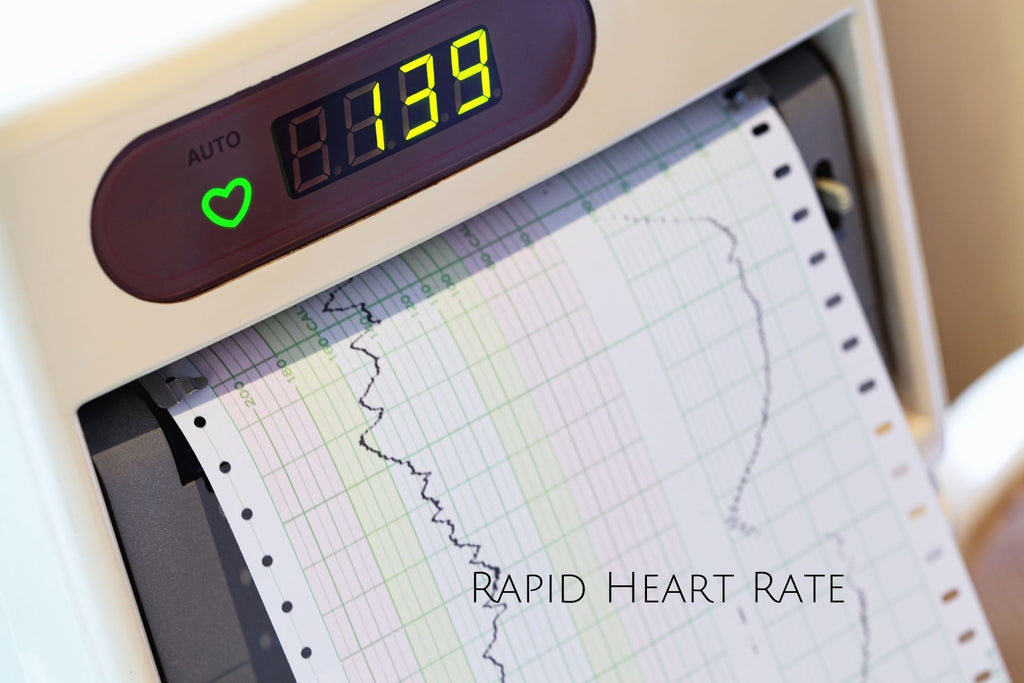
The stimulatory effects of high caffeine infusion may cause your heart to beat sooner. It may also govern to altered heartbeat rhythm, called atrial fibrillation, which has been noted in young people who expended energy drinks containing extremely high doses of caffeine.
- Fatigue:
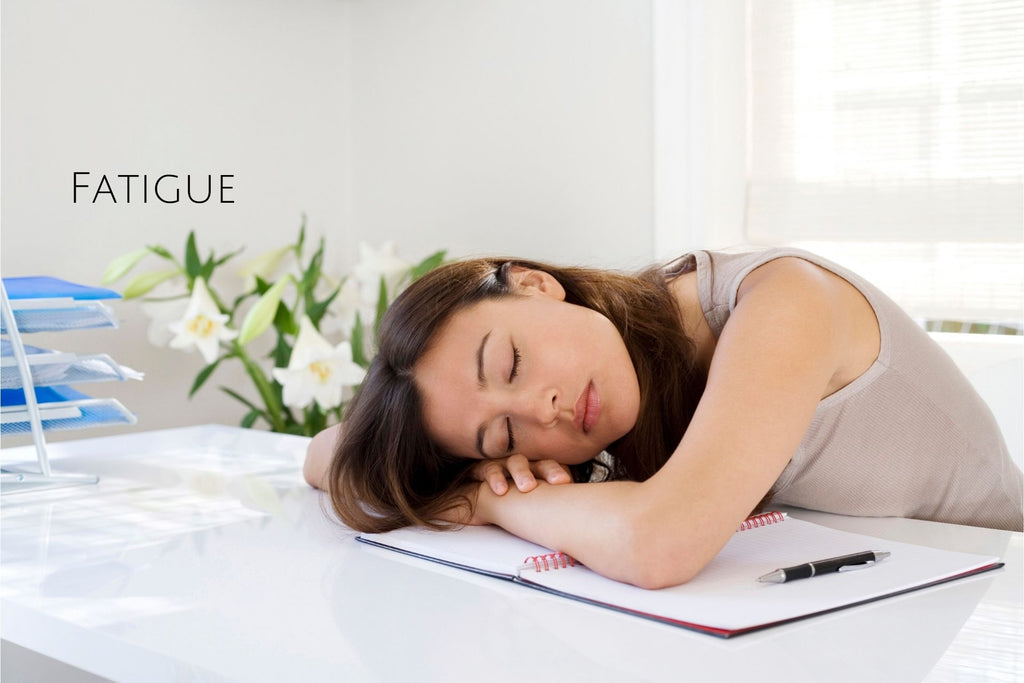
Coffee, tea, and other caffeinated drinks are known to boost energy levels. However, they can also have different effects altogether when caffeine leave the body.
- Frequent Urination and urgency:
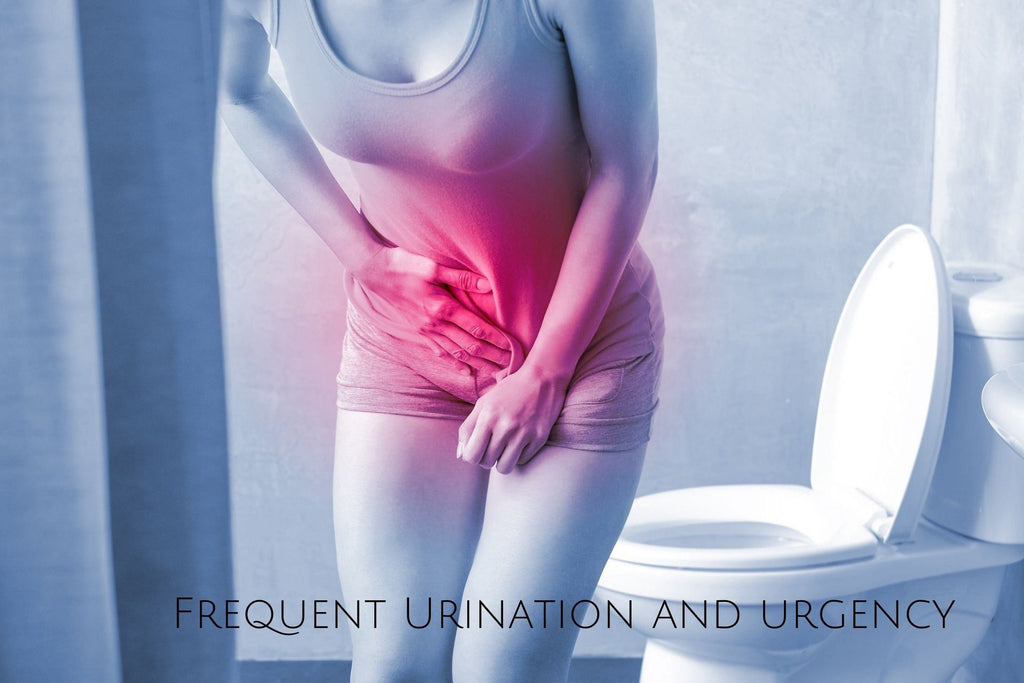
The frequency of urination is said to increase as a reason of stimulatory consequences in the bladder. You may have glanced that you need to urinate frequently when you drink more coffee or tea than usual.
How much caffeine is regular for each day?
How you react to caffeine relies on your body mass, health, and metabolism. It is an healthy and energising drink for most of the people but way too much of it poses danger and inconvenience to the health. Research signifies that 400mg per day or minor is an acceptable dose of caffeine for the public community.
Approximate caffeine degrees per serve include:
- chocolate drinks: 5–10mg per 250ml
- instant coffee: 80–120mg per 250ml
- drip or percolated coffee: 150–240mg per 250ml
- espresso coffees, particularly as espresso or latte: 105–110mg per 250ml
- decaffeinated coffee: 2–6mg per 250ml
- black tea: 65–105mg per 250ml
- cola drinks: 40–49mg per 375ml
- Red Bull stability drink: 80mg per 250 ml
- stamina drink: 160mg per 250ml
- dark chocolate bar: 40-50mg per 55g perform
- milk chocolate bar – 10mg per 50g fulfil
- guarana: can have up to 100mg per 1g of guarana
- caffeine pills such as No-Doz – 100mg per tablet.
Tips to reduce the intake of caffeine:
Whether it's for one of the explanations above or because you want to decorate your spending on coffee drinks, slashing back on caffeine can be challenging. Quitting suddenly can cause withdrawal symptoms such as headaches, anxiety, and nervousness. Unlike opioid or booze withdrawal, caffeine isolation is not considered dangerous, but it can be awful. You may want to speak to your health care provider about how to cut around. But the tips below will help in lessening the intake of caffeine gradually.
- Keep tabs. Keep a tab on how much of caffeine is being consumed on an average. If you are someone who would love to reduce the caffeine in-take then this step will get you close to your goal.
- Go decaf. Most decaffeinated beverages look and drink much the same as their caffeinated companions.
- Check the bottle. Some over-the-counter discomfort relievers contain caffeine. Look for caffeine-free discomfort relievers instead.
- Cut back gradually. For example, drink one limited can of soda or drink a smaller cup of coffee each day. Or avoid gulping caffeinated drinks late in the day. This will help your body get used to the more profound degrees of caffeine and lessen potential withdrawal effects.
- Reduce the brew time or go herbal. When preparing tea, brew it for less time. This cuts down on caffeine quantity. Or prefer herbal teas that don't have caffeine.
Coffee is an adored morning ritual for many. Many would contemplate it as a bad start if the day were not commenced with a cup of coffee. Others may drink coffee or caffeinated drinks throughout the day for a jolt of energy to whip the afternoon slump.
Conclusion
Luckily, a safe amount of caffeine doesn’t affect much when given to a average person with no major health complications, you might want to cut back your infusion. If a boost of energy is all you need, try eating more energy-dense foods or changing to coffee alternatives. If you're attempting to avoid caffeine altogether, remember to deliberately reduce your consumption instead of stopping all at once to prevent horrible withdrawal symptoms. Whether your goal is to expend less caffeine or be completely caffeine-free, you may glimpse that you commonly have more sustaining stamina once you are less dependent on it.
Recent Posts
-
The New Generation of Indian Skincare: Bridging Ayurveda and Dermatological Science
Introduction: For millennia, Indian royalty relied on Kumkumadi Taila—the legendary saffron-infused
-
Red Nails vs Pink Nails: Which Looks More Romantic for Valentine’s Day?
Introduction: Valentine's Day approaches, and with it comes the timeless question: red nails or pink
-
The Wellness Valentine: Valentine’s Day Gift Ideas for Health & Wellness Lovers
Introduction: Valentine's Day has evolved beyond traditional red roses and chocolate boxes. In today





